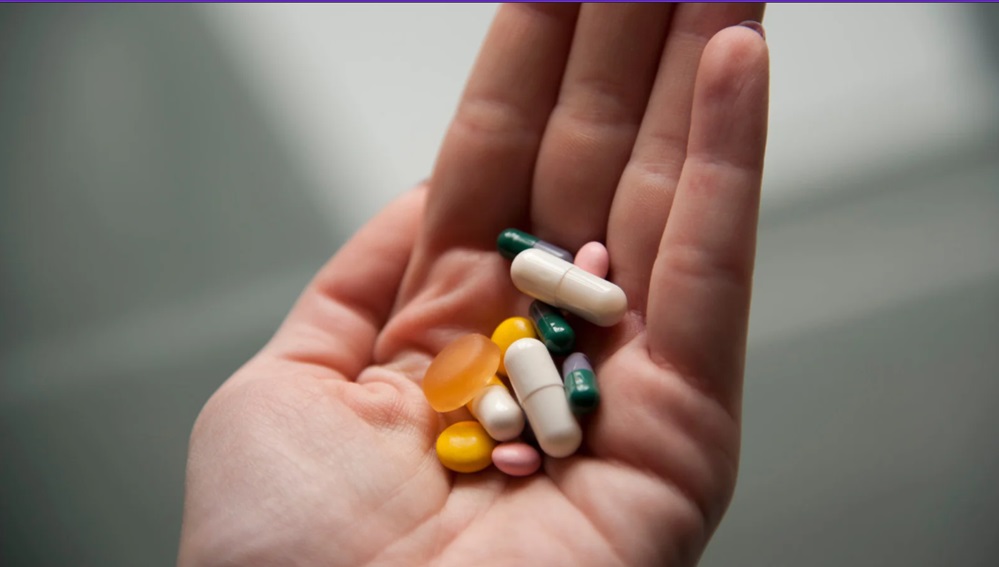Medication-assisted therapy (MAT) has emerged as a cornerstone in the fight against opioid addiction, blending medication with behavioral counseling to provide a comprehensive approach to recovery. Unlike older treatment models that focus solely on abstinence, MAT addresses both the physical and psychological aspects of substance use disorder. This dual approach not only improves retention in treatment but also enhances long-term recovery success. You can access medication-assisted therapy in Fort Lauderdale, which is making a measurable impact on patient outcomes and offering a structured path toward lasting sobriety.
Understanding the Role of MAT in Modern Recovery Programs
Many individuals struggling with addiction find that traditional treatment methods do not fully address their needs.
MAT leverages FDA-approved medications such as buprenorphine, methadone, and naltrexone to stabilize brain chemistry, reduce cravings, and prevent withdrawal symptoms. These medications do not replace one addiction with another; rather, they act as a therapeutic tool to restore function and enable patients to participate in counseling and life-rebuilding efforts. Importantly, these medications are administered under the supervision of trained healthcare providers and are tailored to each patient’s medical and addiction history.
Enhancing Stability Through Buprenorphine-Based Treatments
One of the most widely used medications in MAT programs is buprenorphine, known for its safety profile and effectiveness.
Buprenorphine-based treatments, such as Zubsolv, offer discreet, daily dosing with fewer side effects compared to older opioid replacement drugs. This medication has become a vital part of many recovery plans and has been shown to improve patient retention and reduce illicit opioid use. Some individuals find it particularly helpful due to its unique formulation and ease of use. Zubsolv helps in medical-assisted treatment, which makes it an increasingly popular choice in comprehensive treatment approaches.
Reducing Relapse Rates and Encouraging Long-Term Success
Stability is key in early recovery, and MAT provides a safety net during the most vulnerable stages.
Clinical studies have consistently shown that MAT reduces the likelihood of relapse by managing the neurological triggers of addiction. By maintaining a controlled treatment environment and addressing the underlying causes of substance use disorder, MAT helps patients regain control over their lives. Furthermore, it plays a vital role in reducing the stigma surrounding addiction by reinforcing the idea that recovery is a medical and behavioral process, not a moral failing.
Addressing Misconceptions Surrounding MAT
Despite its proven effectiveness, MAT is still surrounded by misconceptions that can hinder access to care.
Common myths, such as the belief that using medication is merely substituting one drug for another, can prevent individuals from pursuing potentially life-saving treatment. In truth, these medications do not produce the euphoric effects associated with opioid misuse, and they are used under strict clinical supervision. It’s important to challenge these outdated views and understand the evidence behind MAT.
Conclusion
Medication-assisted therapy is transforming the landscape of addiction recovery by integrating medical science with compassionate care. It offers individuals a path to long-term healing by addressing both the biological and behavioral aspects of substance use disorder. By improving treatment retention, reducing relapse rates, and breaking the stigma surrounding medication use, MAT continues to empower patients on their journey toward sustainable recovery. With access to professional services and evidence-based treatment options, the future of recovery is both hopeful and attainable.





